“Indian Creek Orchard Gardens is an organically managed micro farm, intimate in scale. At Indian Creek Orchard Gardens we employ a hybrid of regenerative, agroforestry and deep organic farming principles. Our vegetables are sown between rows of fruit trees, bush fruits and aisles of grape vines. We have purposefully left tracts of our farm wild, especially on the creek side. When you walk through the orchard garden, you will find it teeming with life, wild and insect. It is a beautiful interdependent tapestry, and a thriving ecosystem where diversity is fostered and every facet supports the next. We value what nature brings to the table and attempt to work with it, bringing our intervention to a minimum. We favour low tech, natural, cultural and biological practices over chemical and heavily mechanized ones. Some of what we are are attempting to do is tried and true and a lot of it not so much. Every day in the garden is a lesson.
In 2014 we visited Nevada and California, where the realities of drought and water scarcity were made very plain to us. We realized how precarious our food supply chain had become and began looking for ways to mitigate that vulnerability, and augment our local food autonomy.
We grow food to be of service to our community, to make healthy organic produce accessible, and cost effective for local families. We also enjoy being in a position to spend our days out of doors in synch with the seasons.
We are located 45 minutes west of Ottawa, the Capital of Canada. We are embedded in a thriving agricultural community, surrounded by beef, dairy and horse farmers. Our home farm is located on 5 acres along the Indian Creek. We rent an additional 3 acres further downstream.
We originally set-up to create a fruit orchard (apples, pears and plums) but while we were waiting to the trees to grow we began growing vegetables as well and the garlic end of our operation has gone through the roof the past three years.
We are organic, so that informs every other decision and practice on the farm. We practice minimal tillage, top dressing with compost and chicken manure and using synthetic mulches to manage weed pressure. In most cases this means that soil is only disturbed one out of every 3 or 4 years. When we do disturb the soil it is usually to incorporate a green manure or cover crop. So although we do disturb the soil it results in a net gain of organic matter, not a loss. Our pest management strategy is a three pronged fork; we make extensive use of beneficial insects to manage other less desirable insects by creating habitat for the beneficials, we practice exclusion (insect netting, row covers, screened greenhouses) for many pest prone crops such as cucumbers and asian greens, and of course relentless crop rotations, some of them miles apart as we alternate crops between our home farm and rented farm.
The biggest hurdle for us starting out was finding affordable, fertile land upon which to farm, close enough to a market. Beyond that, every year is a different dance with different challenges. Last year the drought resulted in unprecedented insect and rodent pressure. The year before we experienced a 100 year flood that filled our greenhouse. Slugs are an ongoing problem that spans years and because in our early years we let weeds get ahead of us we are now atoning for that oversight and expect to be for some time.
We consider ourselves to be a community farm, and involve our community through our CSA style garden share program that feeds 175 families a year. We also host co-op students and interns would-be-farmers. We manage a local pollinator habitat restoration project for the municipality and I sit on the Municipal Agricultural Advisory Committee as the voice of organic farming in our community. We also host farm tours and workshops on organic farming methods. We lecture on organic farming methods. We also donate most of our surplus produce to the local food bank.
When we first started out, we really had no idea how much demand there was for local organic produce. We have sold out from our first year in operation and sell out earlier and earlier every year. The support of our community has been overwhelming and our decision to farm has been validated over and over again. If we had understood how well supported we would be by our community we would likely have planned a much larger operation. There seems to be no limit to the local demand for healthy food. Despite the long hours of hard work, we’ve had no second thoughts or looking back. We are excited at the outset of every season, looking for ways to grow more, be more efficient and pioneer novel growing methods. Its not just a job, it has become our calling.”
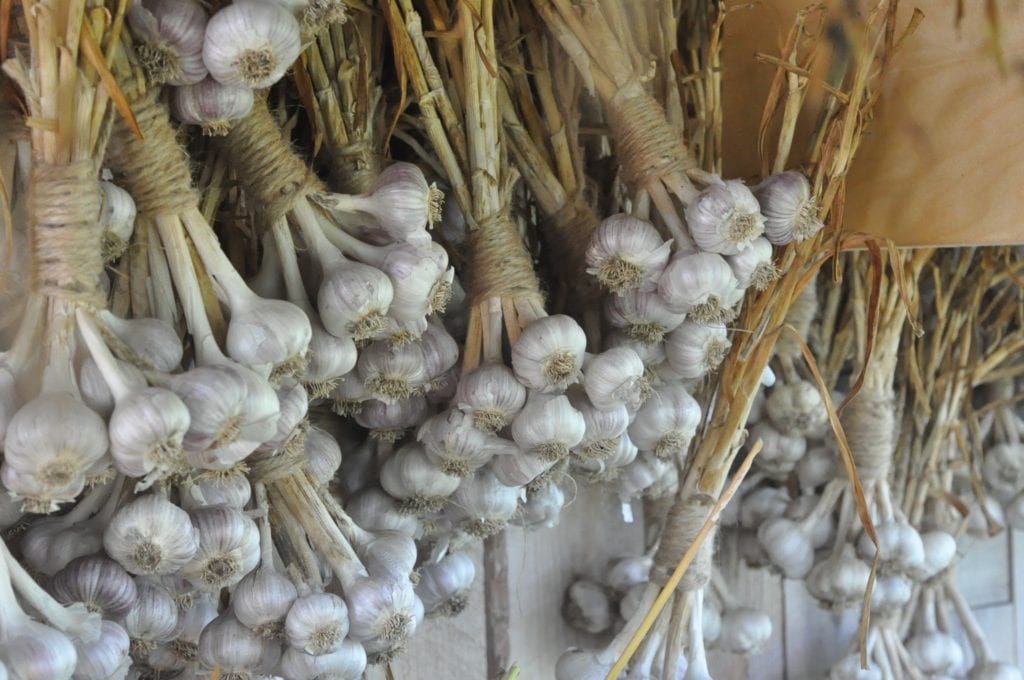
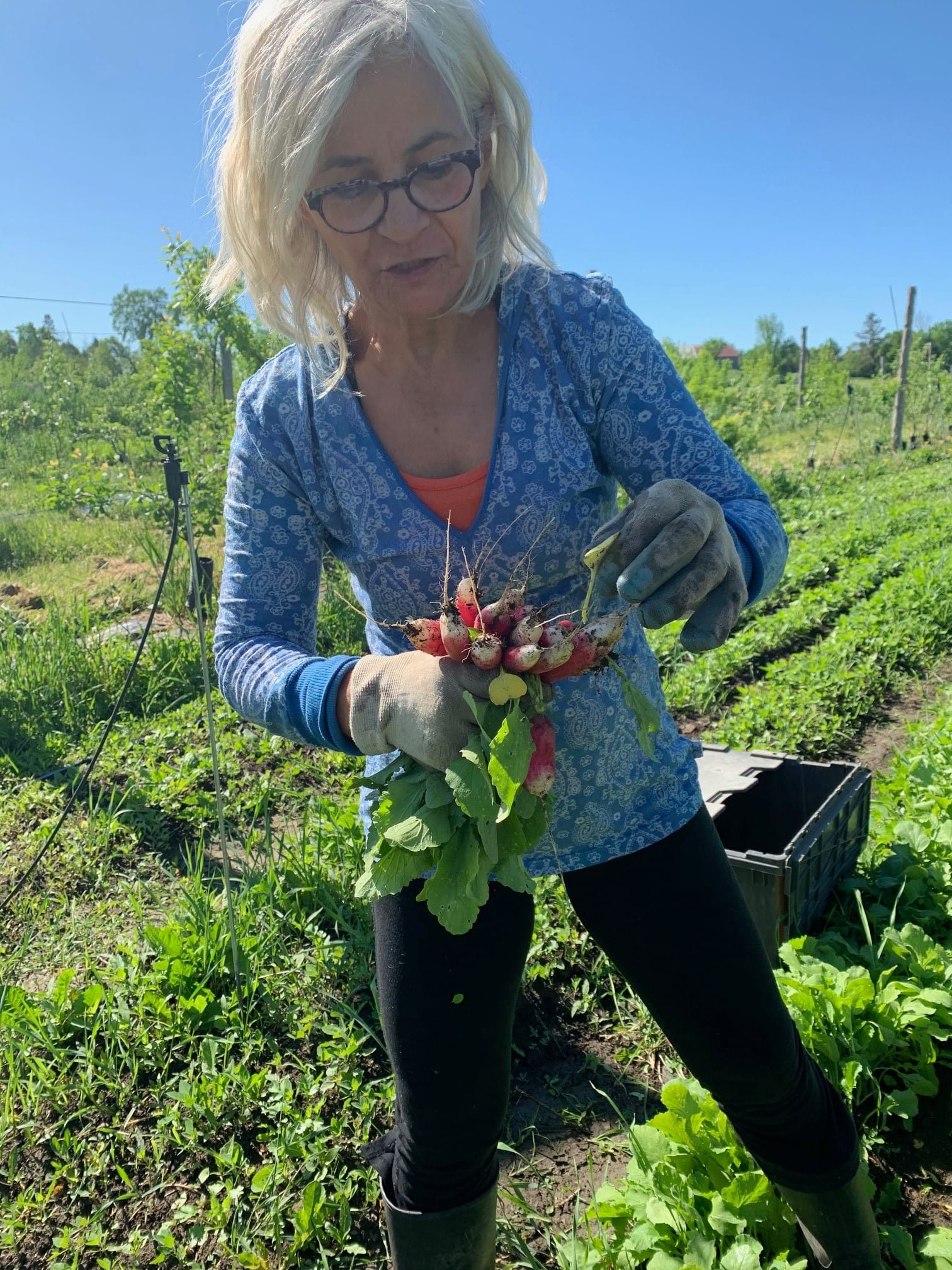
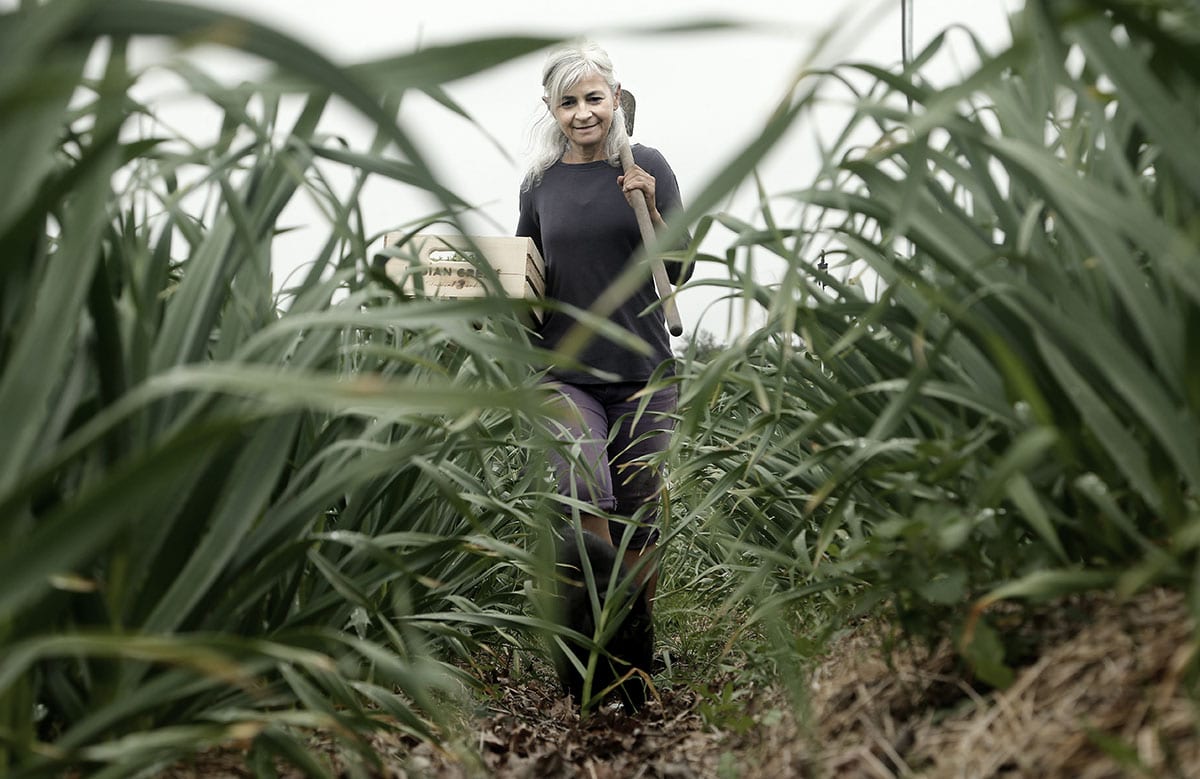
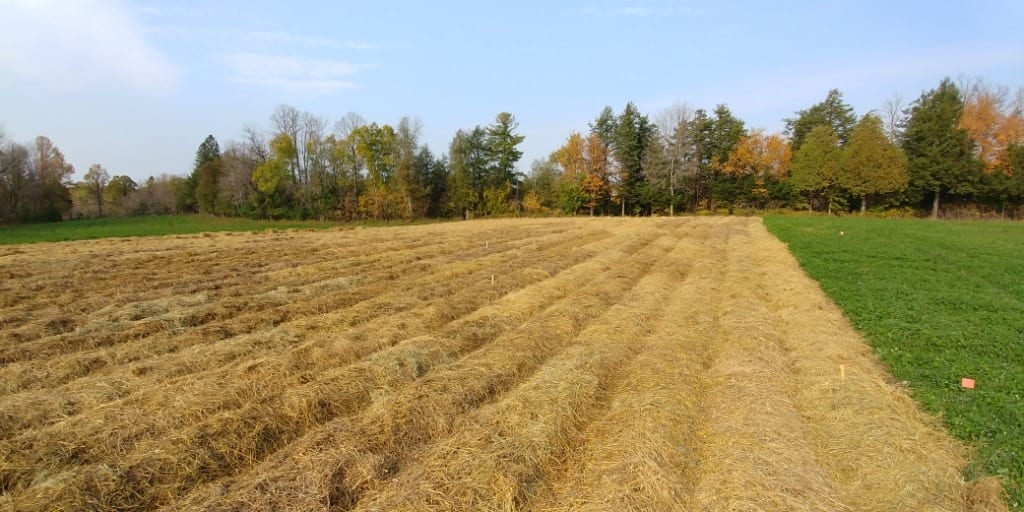
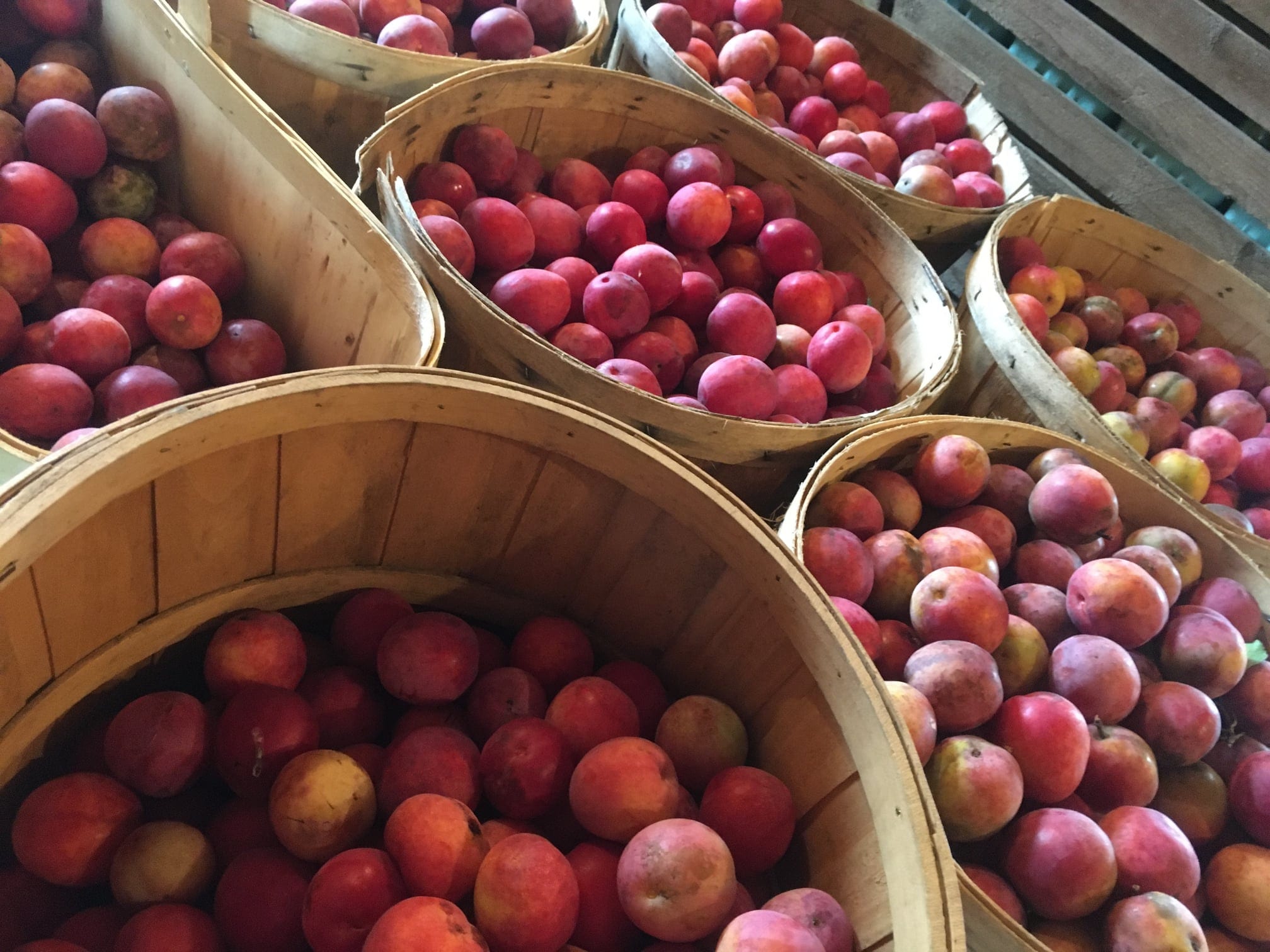
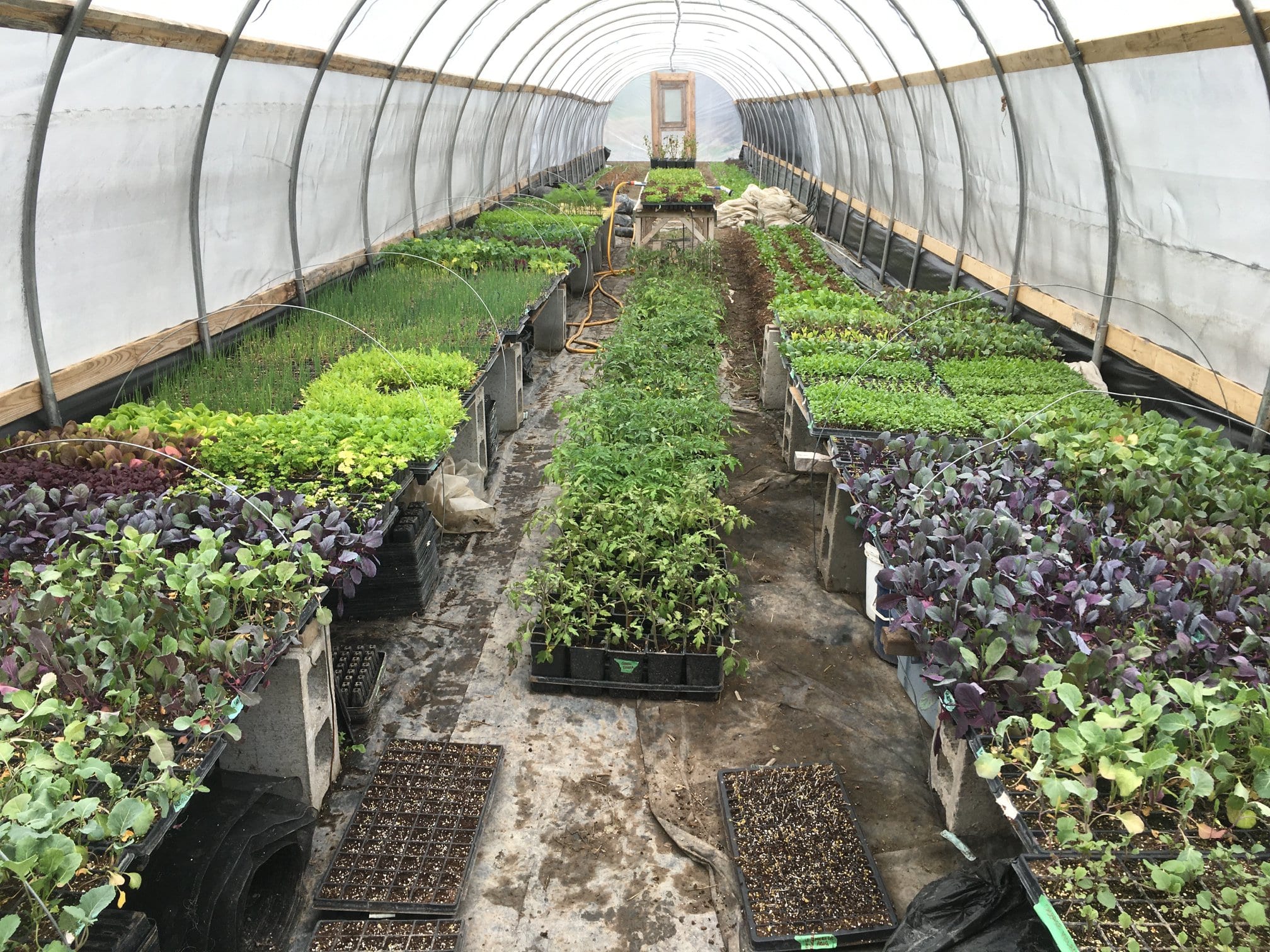
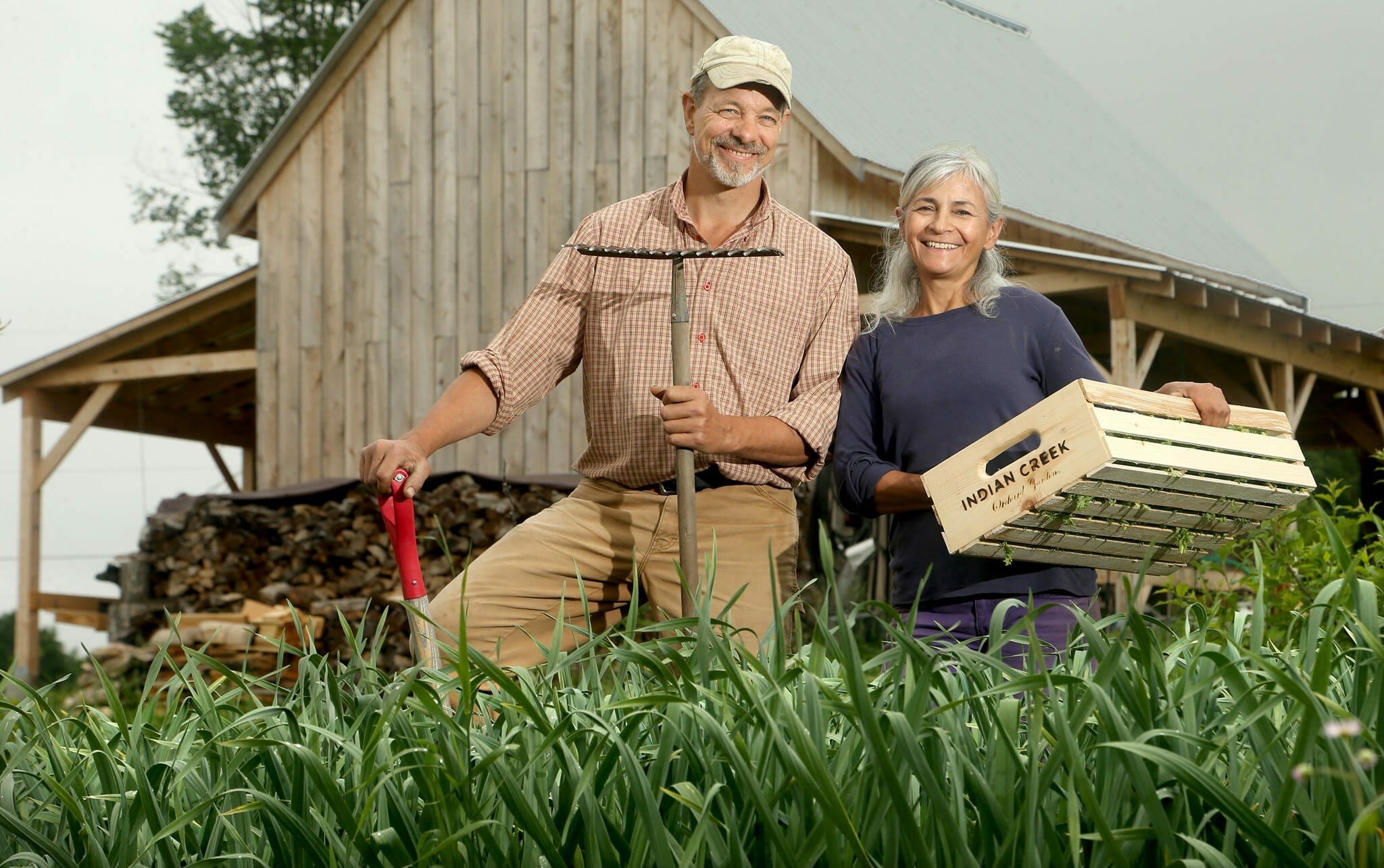
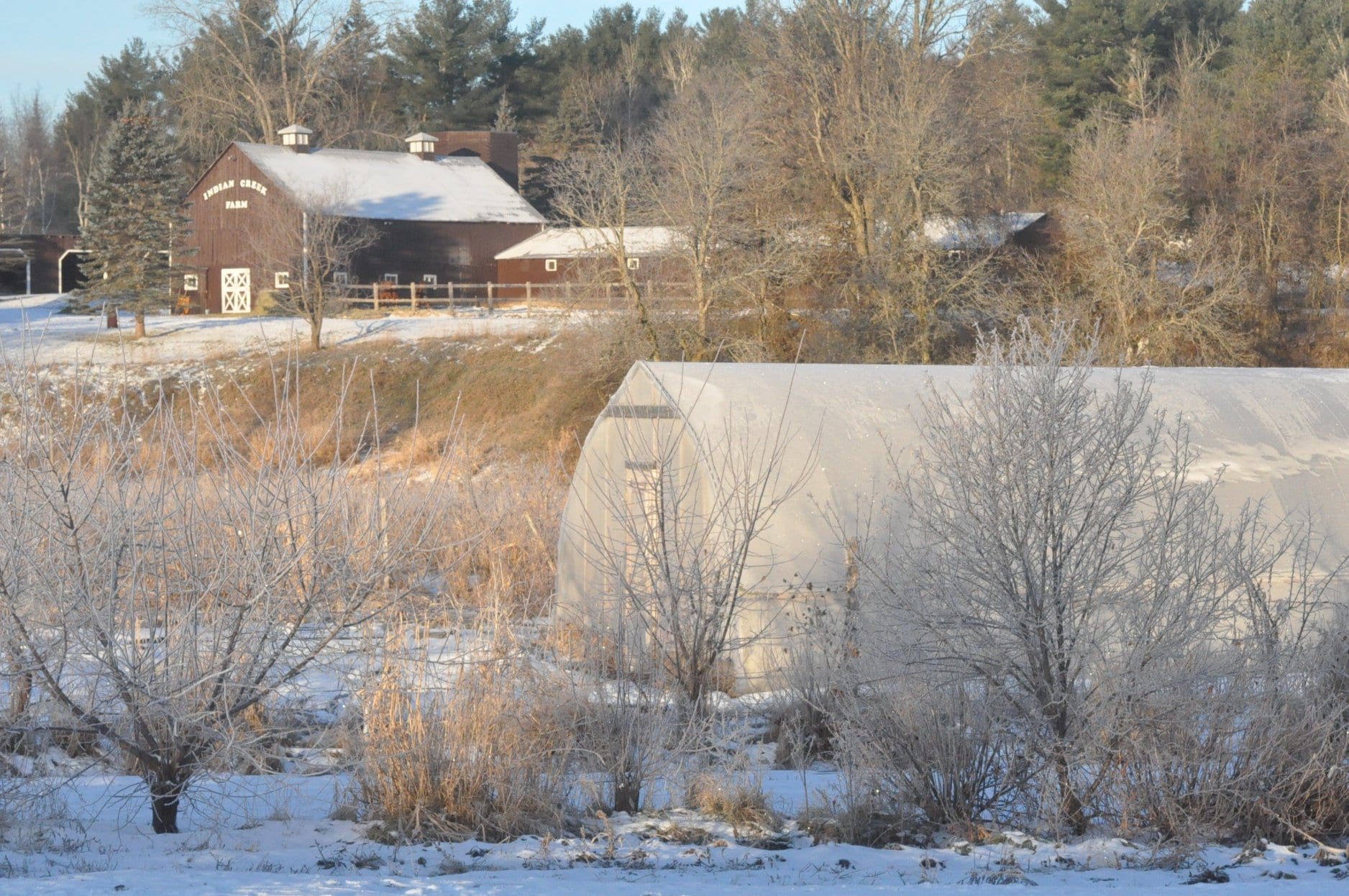
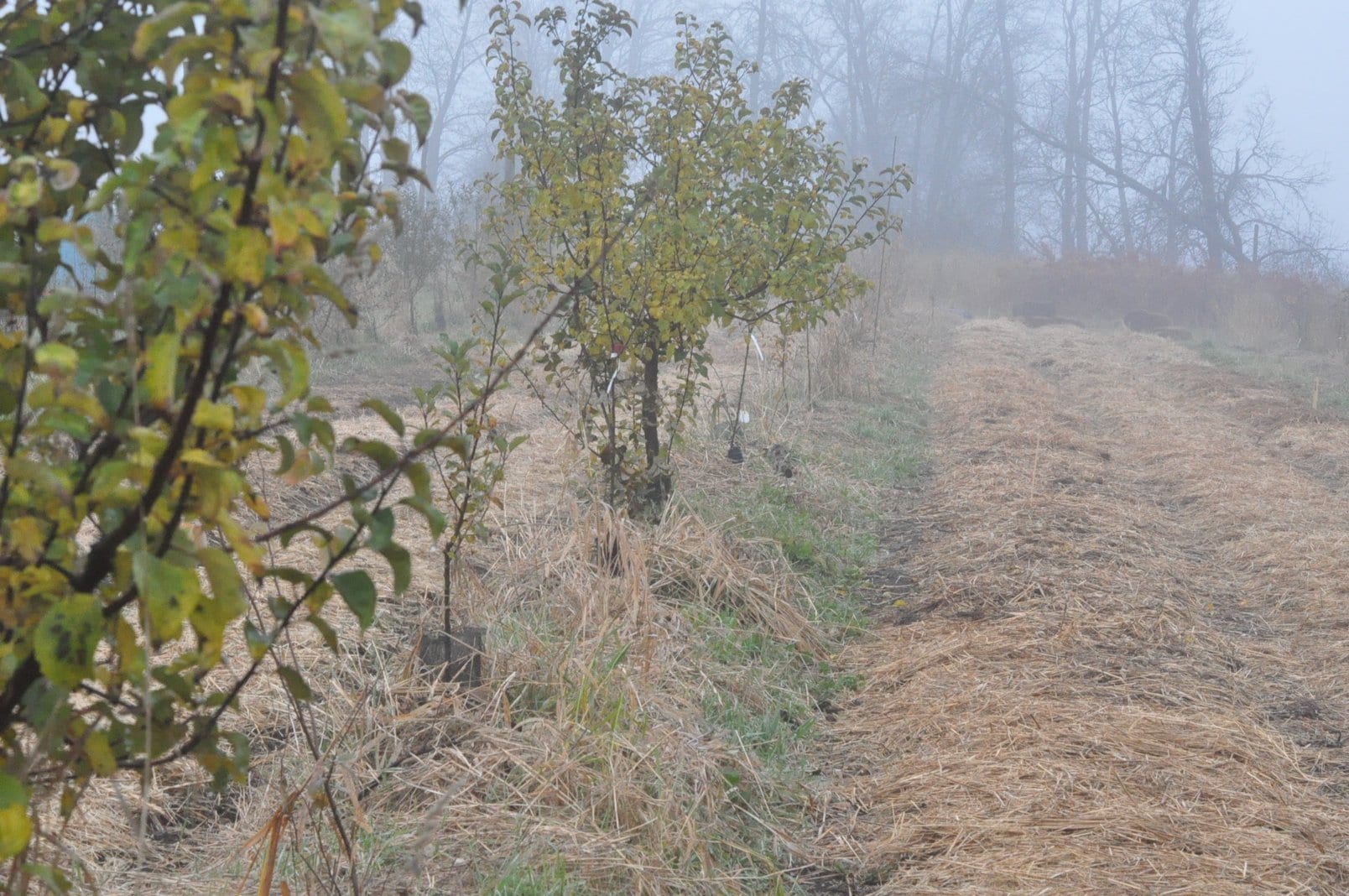
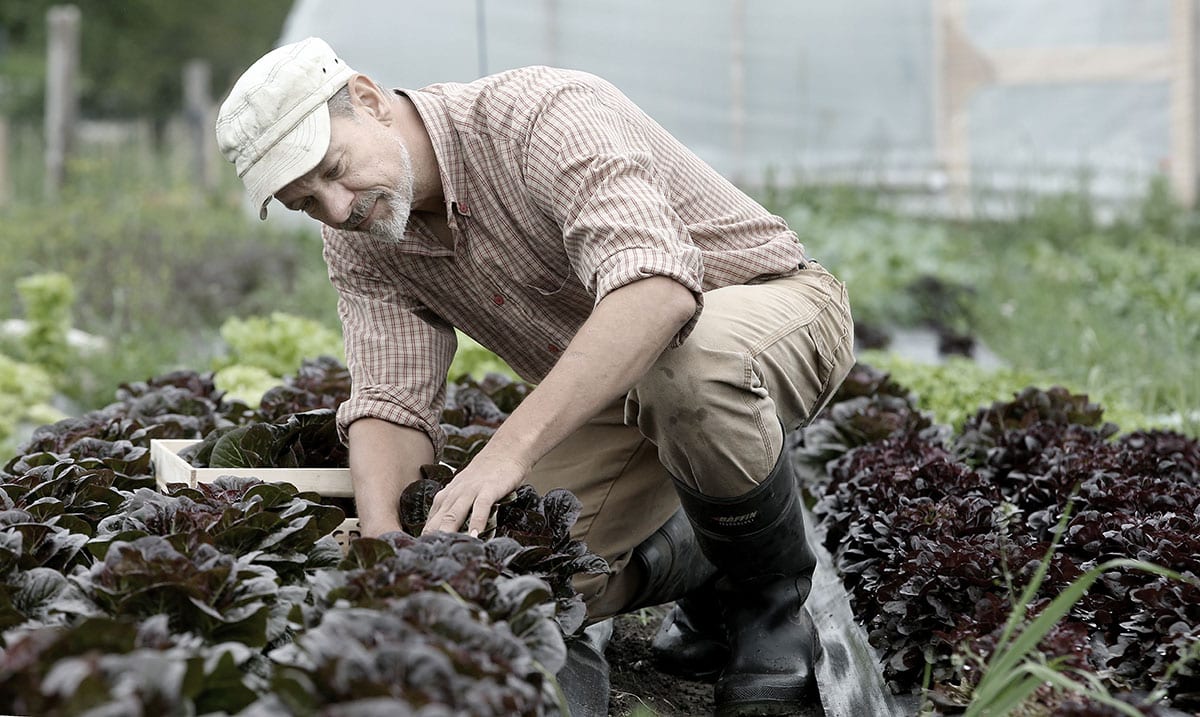

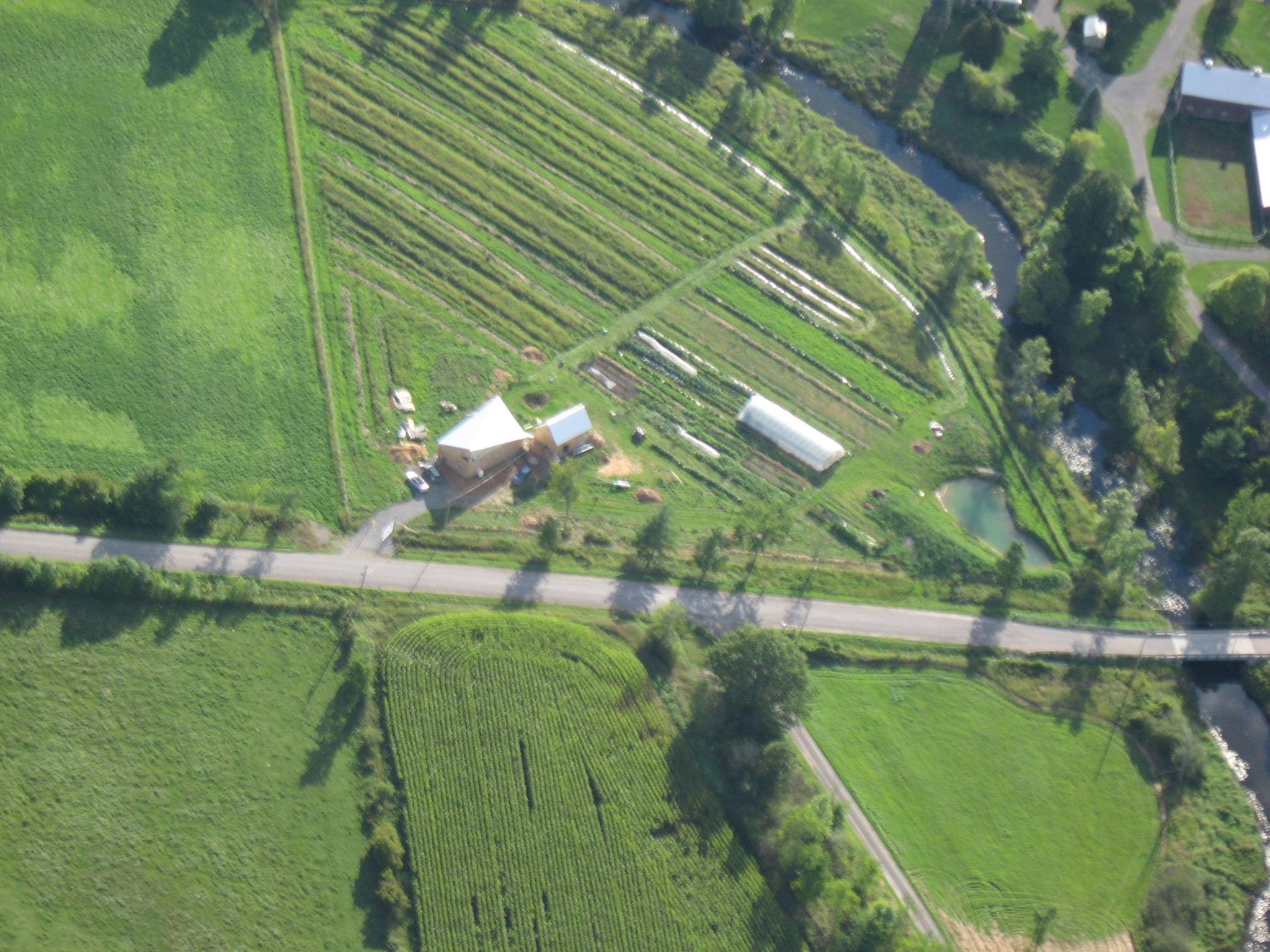
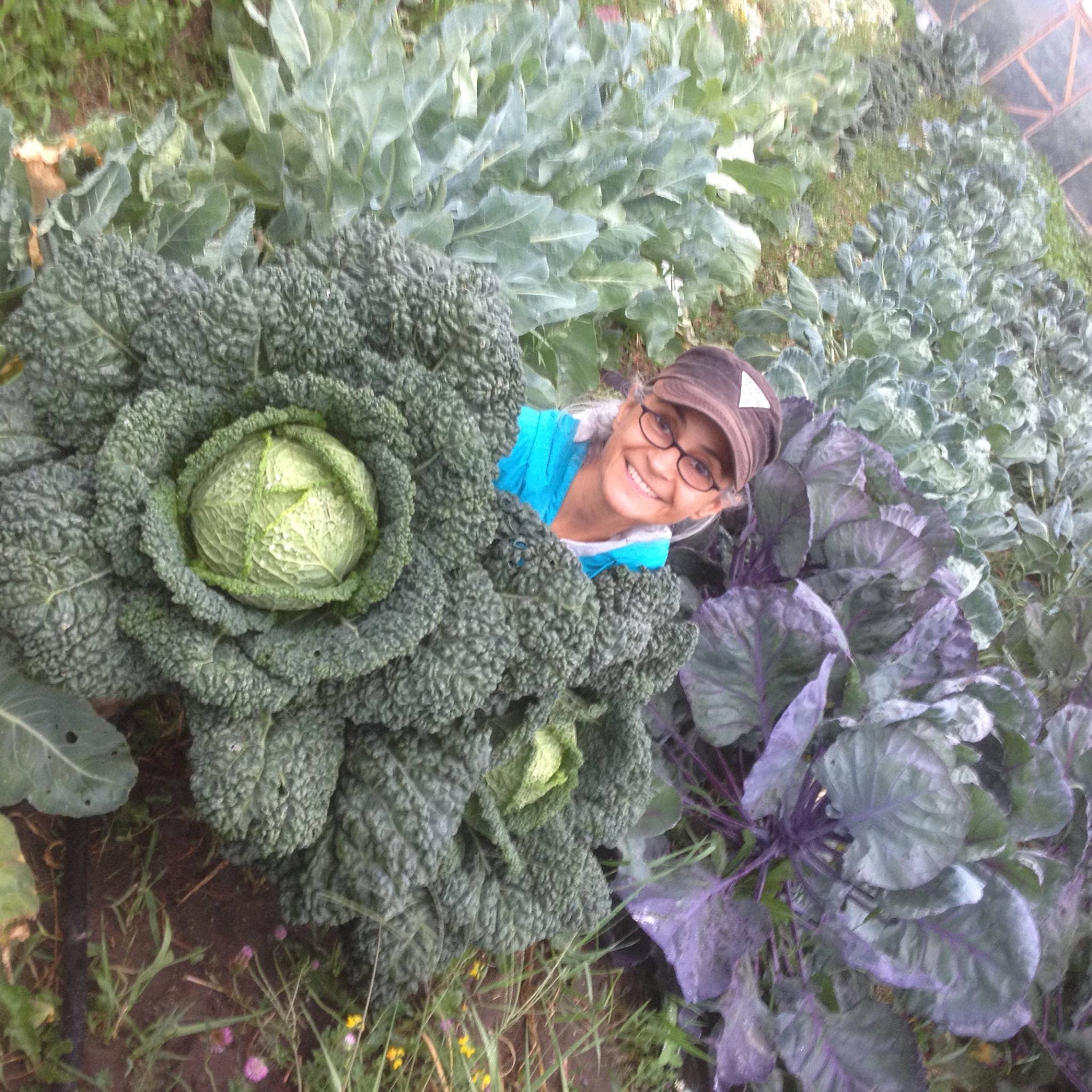

 “We are Market Gardeners ...
“We are Market Gardeners ...
